Optimal Timing for Concrete Pad Installation
Concrete pad installations are most effectively performed during specific weather conditions that allow for proper curing and strength development. Temperature, humidity, and precipitation are key factors influencing the timing of installation projects. Understanding seasonal patterns can help ensure a durable and long-lasting concrete pad.
Ideal temperatures for concrete curing are between 50°F and 80°F. Installing during these conditions promotes proper setting and reduces the risk of cracking.
Heavy rain, freezing temperatures, or extreme heat can compromise concrete quality. Timing installations to avoid these conditions ensures better results.
Spring and early fall typically offer the most favorable weather for concrete work, with moderate temperatures and lower precipitation rates.
Regions with stable, mild climates provide more flexibility in scheduling concrete pad installations, reducing delays caused by weather.
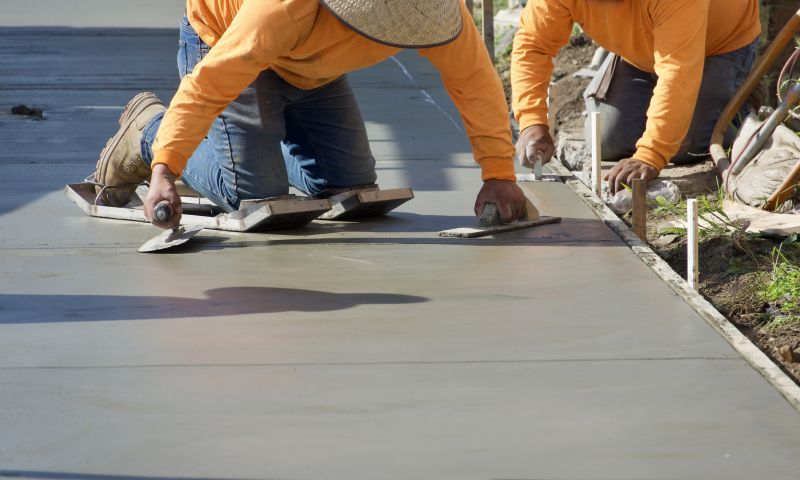
Concrete being poured during optimal weather conditions ensures proper curing and strength.
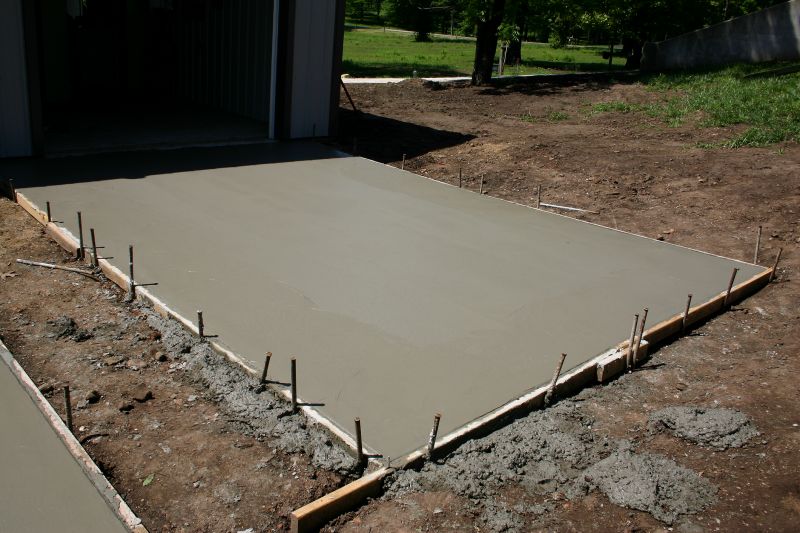
Spring offers moderate temperatures ideal for concrete pad installation projects.
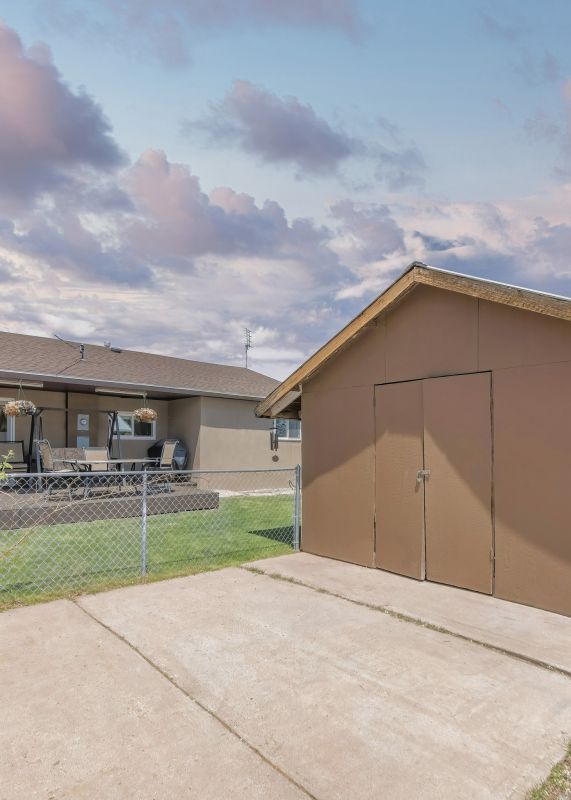
Early fall provides suitable weather for durable concrete installations.
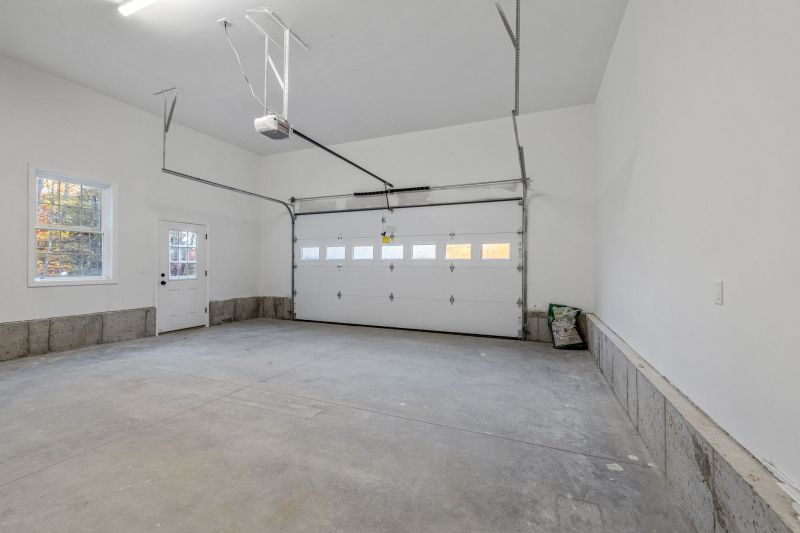
Ways to make Concrete Pad Installations work in tight or awkward layouts.
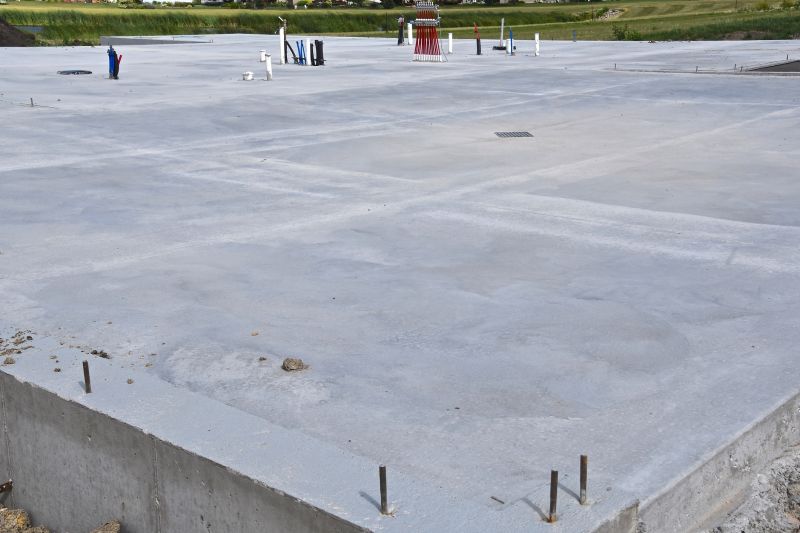
Popular materials for Concrete Pad Installations and why they hold up over time.
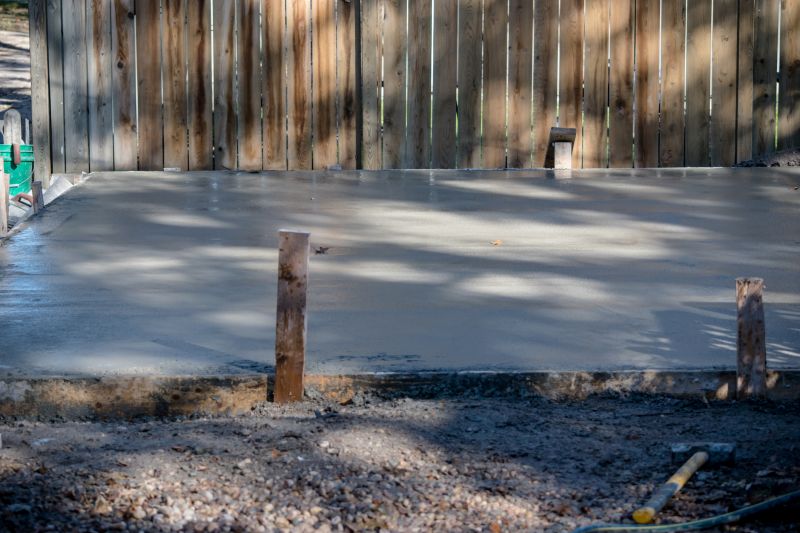
Simple add-ons that improve Concrete Pad Installations without blowing the budget.
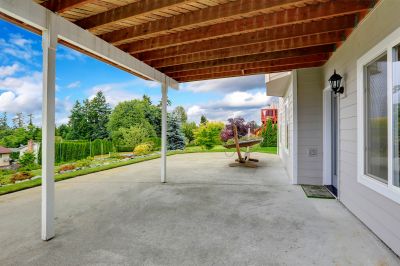
High-end options that actually feel worth it for Concrete Pad Installations.

Finishes and colors that play nicely with Concrete Pad Installations.
Concrete pad installations involve preparing a stable base, pouring the concrete, and ensuring proper curing. The process requires attention to weather conditions to achieve a durable, long-lasting surface. Proper timing reduces the risk of cracking, scaling, and other issues that can compromise the integrity of the pad. Seasonal planning and weather monitoring are essential components of successful concrete projects.
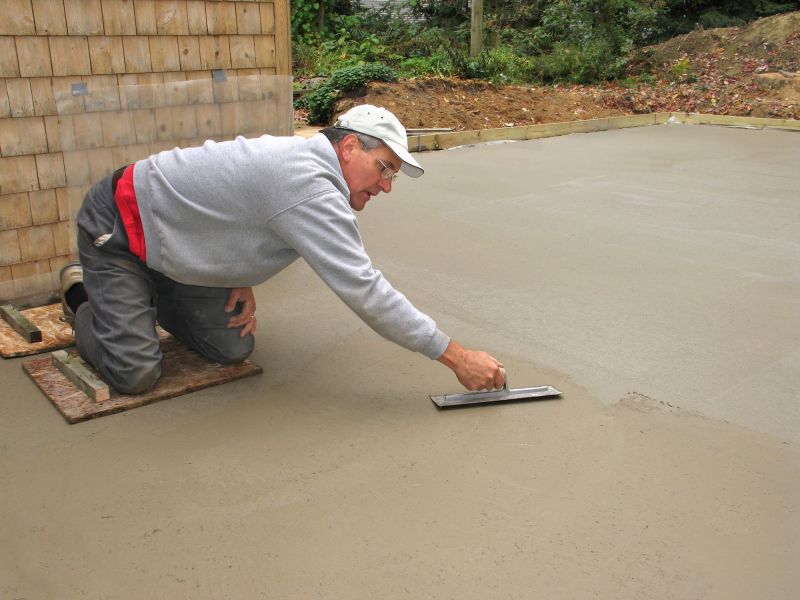
A smooth pour during favorable weather ensures a uniform, durable surface.
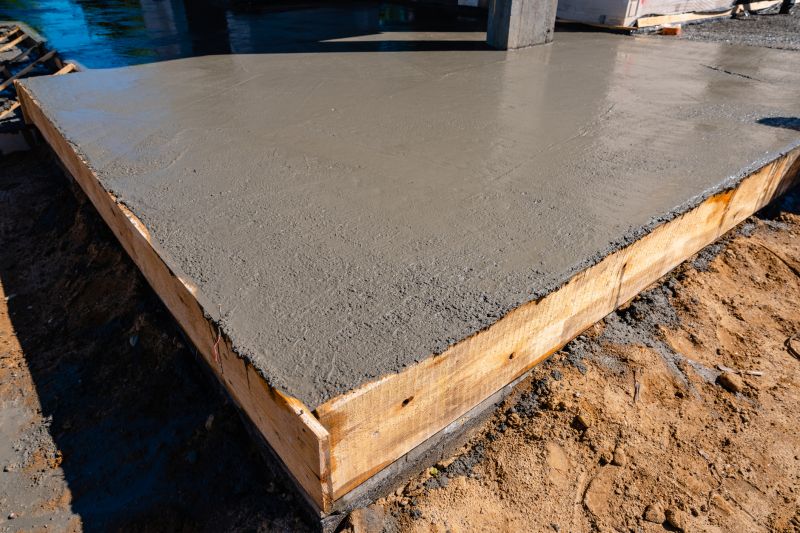
Proper curing in optimal weather enhances concrete strength and longevity.
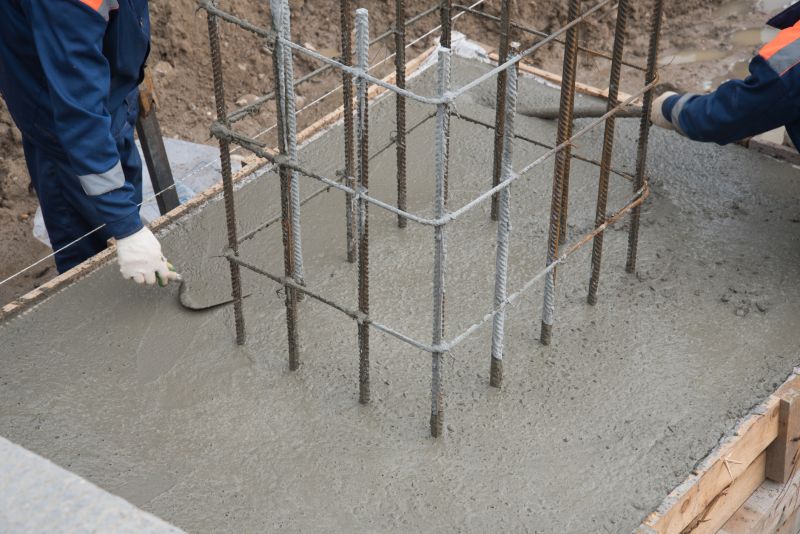
Spring conditions are ideal for starting concrete pad projects.
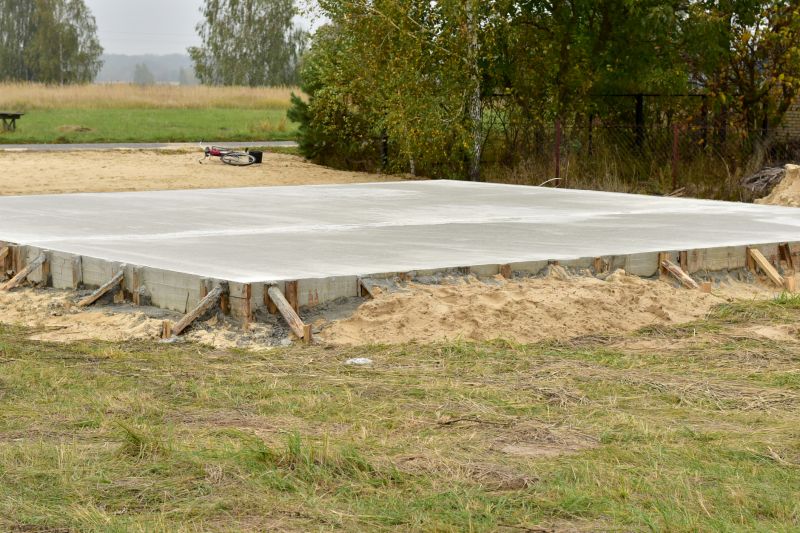
Early fall provides suitable weather for concrete work.

Little measurements that prevent headaches on Concrete Pad Installations day.

A 60-second routine that keeps Concrete Pad Installations looking new.

A frequent mistake in Concrete Pad Installations and how to dodge it.

Small tweaks to make Concrete Pad Installations safer and easier to use.
| Season | Weather Conditions |
|---|---|
| Spring | Moderate temperatures, lower precipitation, ideal for installation |
| Summer | High temperatures, risk of rapid drying, requires shade and watering |
| Fall | Cooler temperatures, less rain, suitable for concrete work |
| Winter | Freezing temperatures, not recommended for pouring or curing |
| Late Spring/Early Fall | Optimal windows for concrete pad installation |
Selecting the appropriate time for concrete pad installation is crucial for achieving a durable and high-quality surface. Monitoring weather forecasts and choosing periods with mild, stable conditions can prevent common issues such as cracking, scaling, and improper curing. Proper planning ensures the longevity and performance of the concrete pad, making scheduling during favorable seasons a key consideration.
Interested in scheduling a concrete pad installation? Fill out the contact form to discuss options and find the best timing for a successful project.
